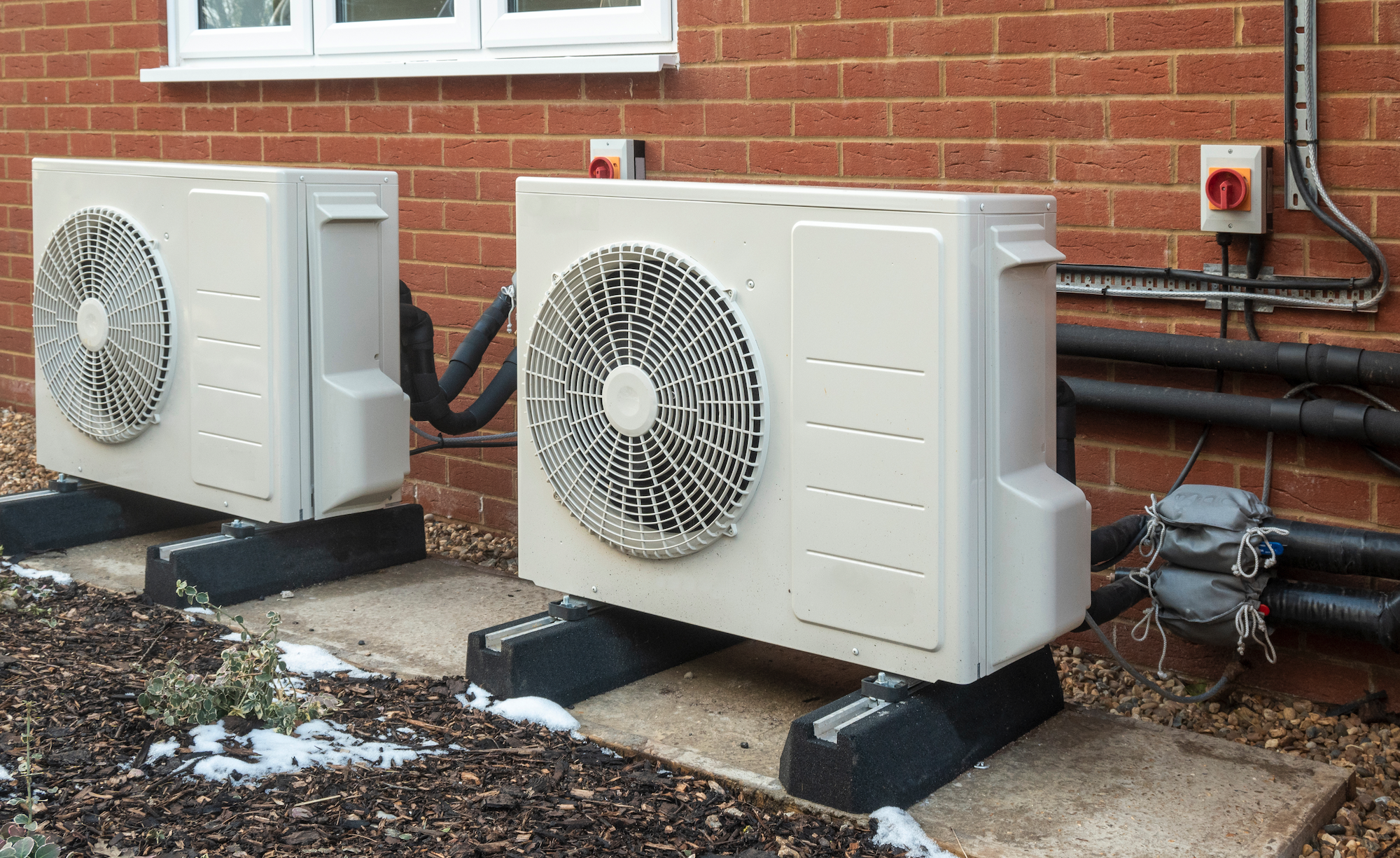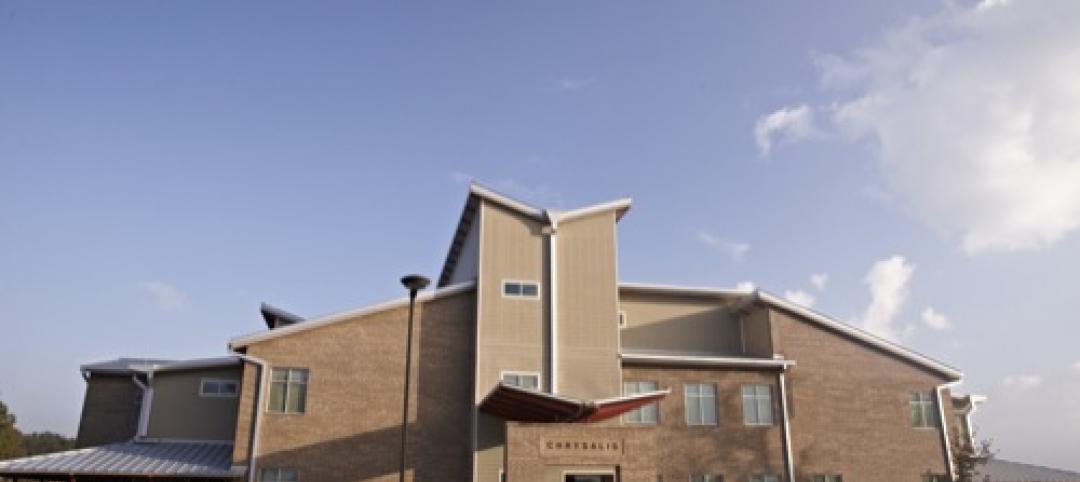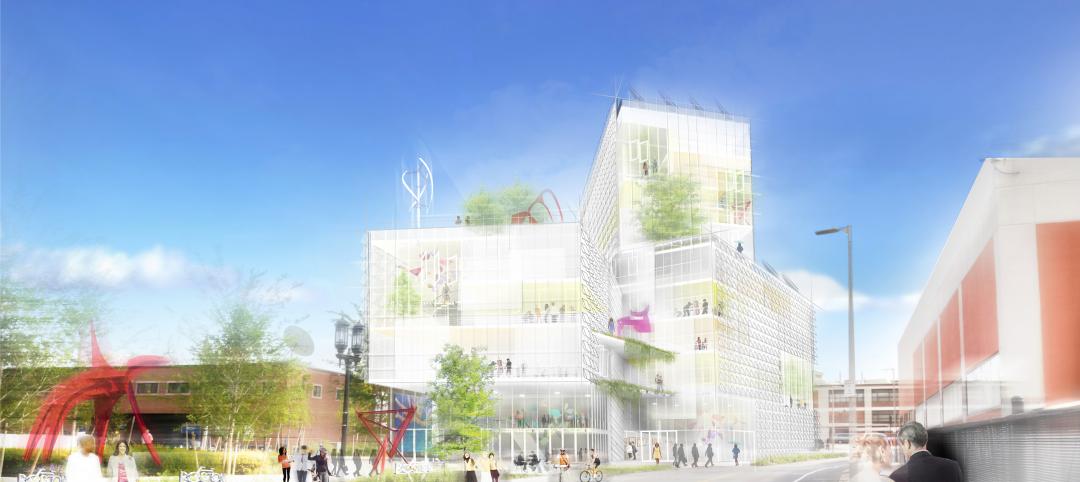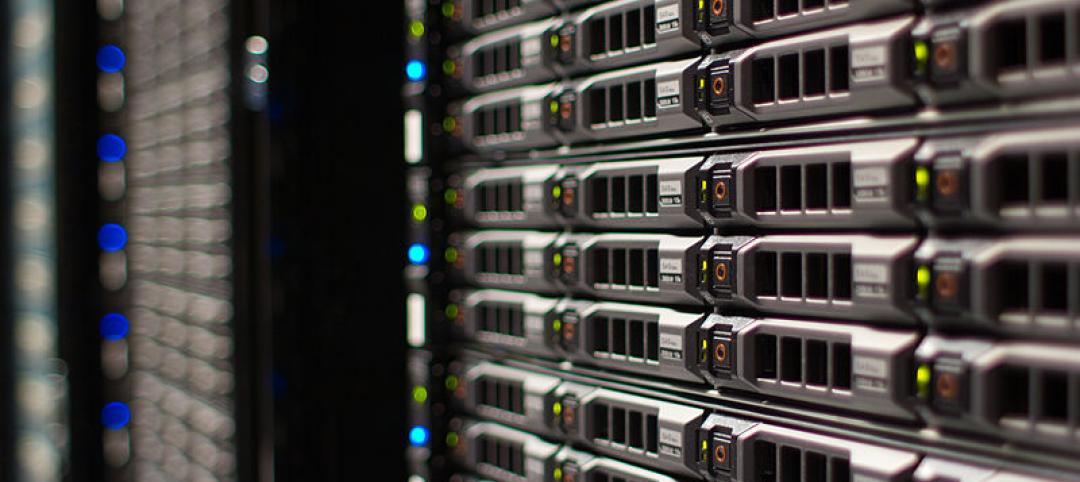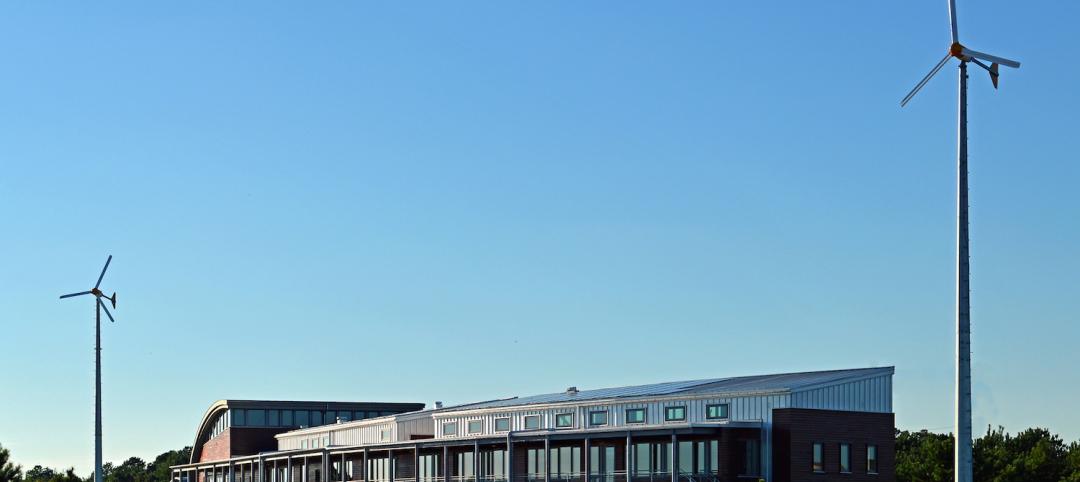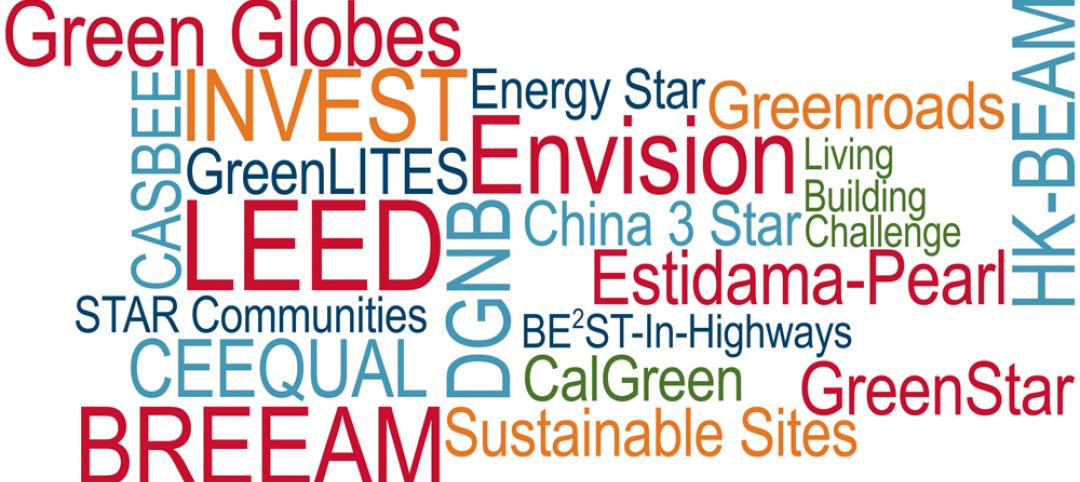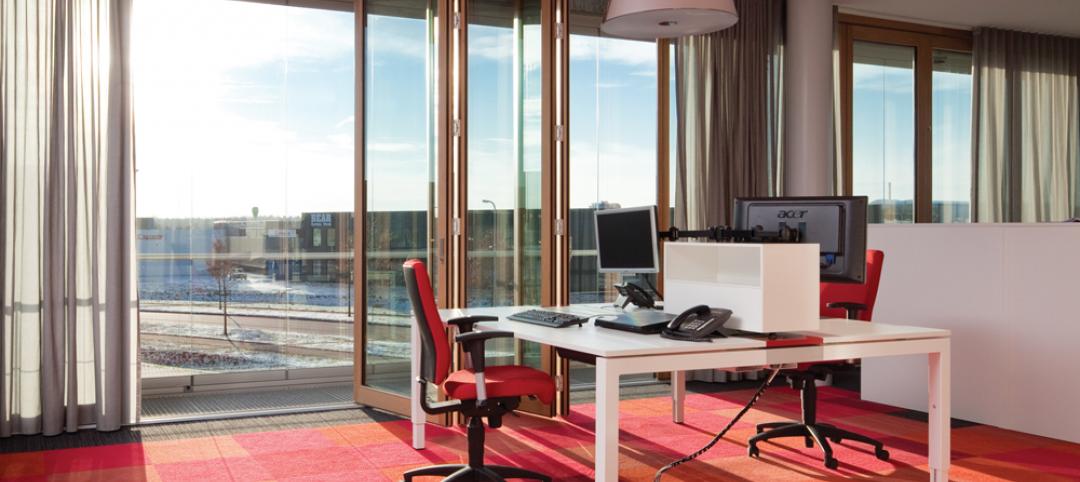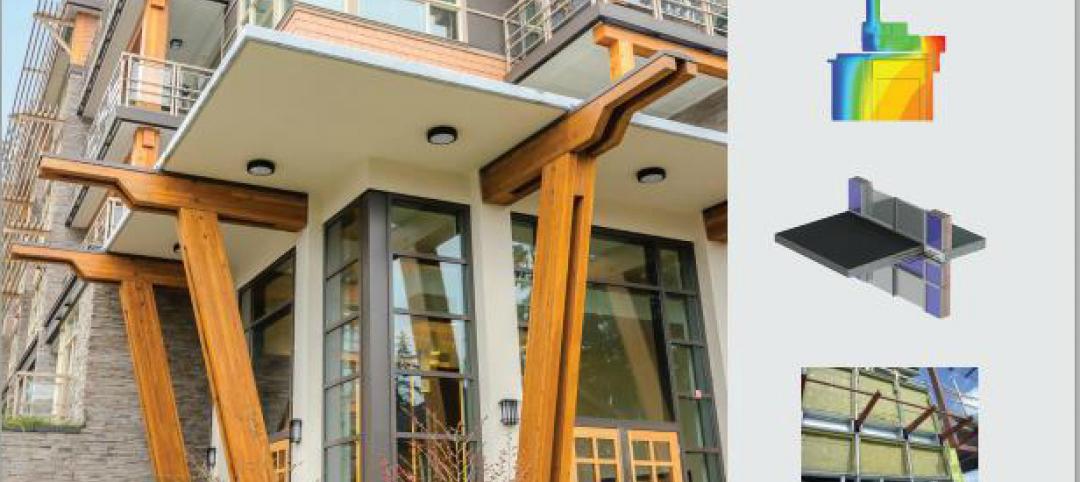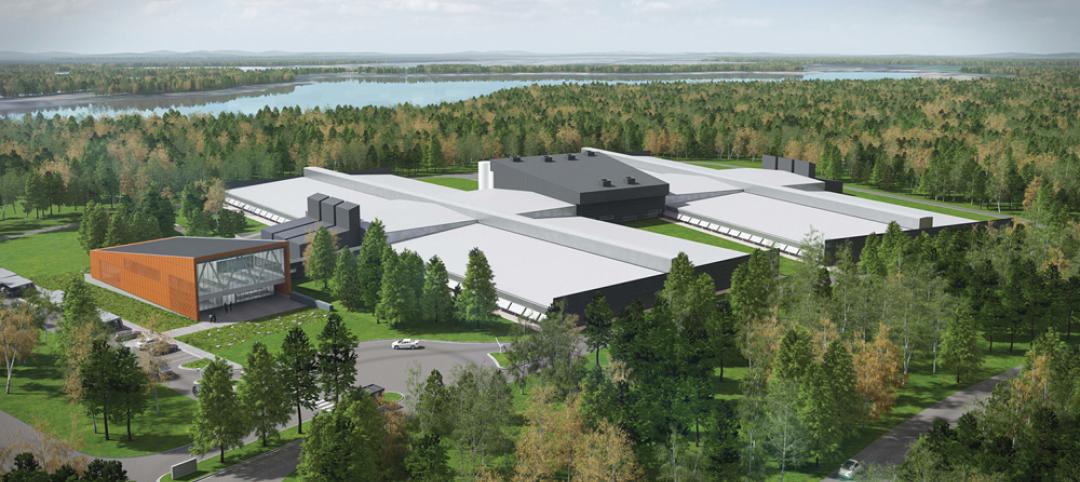The Washington State Building Code Council has voted to require heat pumps for all new residential construction starting in July 2023.
The new mandate has drawn criticism over concerns that it will add costs to housing construction, especially given current supply chain challenges for heat pumps.
An official with the Building Industry Association of Washington said the measure was a “de facto ban on natural gas” because it would mean that bringing in gas lines for cooking, backup heating, and decorative fireplaces would be cost prohibitive.
The code also applies to system upgrades, the official said. Homeowners that would want to upgrade the output of their gas furnaces would have to install a heat pump instead.
One Washington legislator said the mandate would mean higher up-front costs that make housing less affordable, increased potential for brownouts and blackouts due to grid-capacity constraints, and the prospect of higher energy bills.
Related Stories
| Dec 17, 2014
USGBC announces 2014 Best of Green Schools honorees
Houston's Monarch School was named the K-12 school of the year, and Western Michigan University was honored as the top higher-ed institution, based on environmental programs and education efforts.
| Nov 25, 2014
Behnisch Architekten unveils design for energy-positive building in Boston
The multi-use building for Artists For Humanity that is slated to be the largest energy positive commercial building in New England.
| Nov 20, 2014
Survey: 84% of data center owners want more renewable energy options
The cost of producing wind and solar power has decreased 58% and 40%, respectively, during the past five years, making renewables more cost-competitive with traditional fuel sources in many markets.
| Nov 12, 2014
Chesapeake Bay Foundation completes uber-green Brock Environmental Center, targets Living Building certification
More than a decade after opening its groundbreaking Philip Merrill Environmental Center, the group is back at it with a structure designed to be net-zero water, net-zero energy, and net-zero waste.
| Oct 27, 2014
Report estimates 1.2 million people experience LEED-certified retail centers daily
The "LEED In Motion: Retail" report includes USGBC’s conceptualization of the future of retail, emphasizing the economic and social benefit of green building for retailers of all sizes and types.
| Oct 15, 2014
Harvard launches ‘design-centric’ center for green buildings and cities
The impetus behind Harvard's Center for Green Buildings and Cities is what the design school’s dean, Mohsen Mostafavi, describes as a “rapidly urbanizing global economy,” in which cities are building new structures “on a massive scale.”
| Sep 15, 2014
Sustainability rating systems: Are they doomed?
None of the hundreds of existing green building rating systems is perfect. Some of them are too documentation-heavy. Some increase short-term project cost. Some aren’t rigorous enough or include contentious issues, writes HDR's Michaella Wittmann.
| Sep 7, 2014
Building the cladding palette: panels, rainscreens, and veneers [AIA course]
When it comes to cost, performance, and aesthetics—not to mention maintenance and long-term resilience—the evaluation of cladding materials and façade systems is more complex than ever. This course is worth 1.0 AIA CES HSW learning units.
| Aug 11, 2014
New guide for prevention of thermal bridging in commercial buildings
The guide aims to overcome obstacles with respect to mitigating thermal bridging to reduce energy consumption in buildings.
| Aug 4, 2014
Facebook’s prefab data center concept aims to slash construction time in half
Less than a year after opening its ultra-green, hydropowered data center facility in Luleå, Sweden, Facebook is back at it in Mother Svea with yet another novel approach to data center design.


